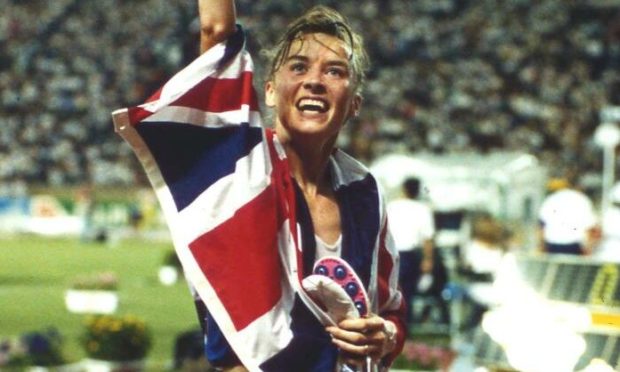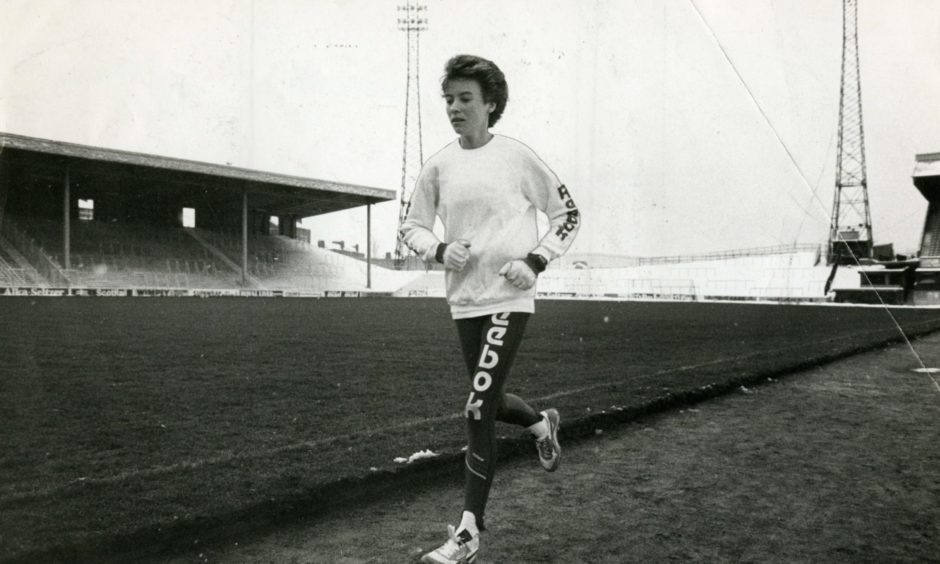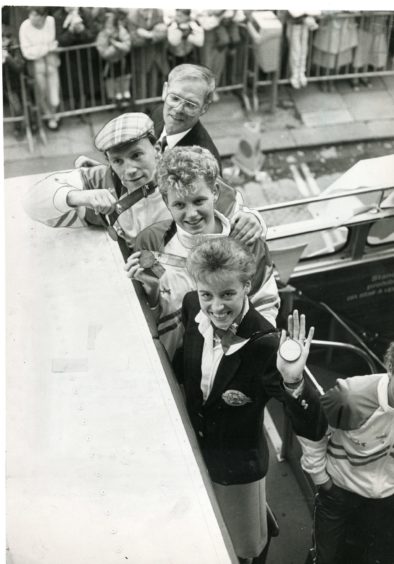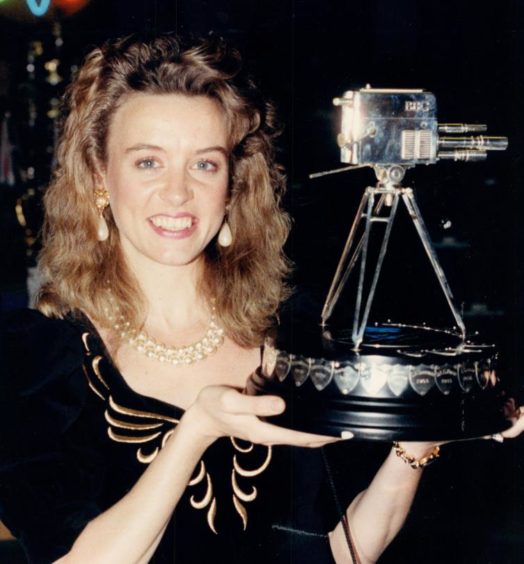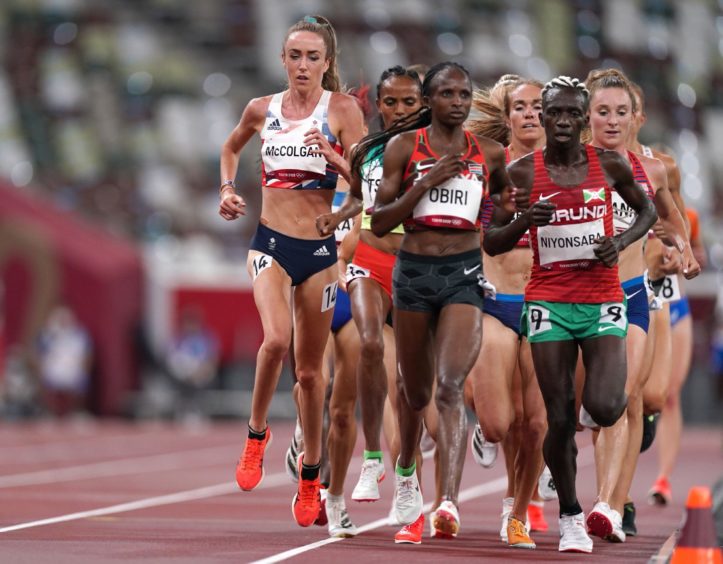It was one of the most indelible performances in the history of Scottish sport; an occasion where a driven, determined personality decided to grab history by the scruff of the neck and bend it to their will.
I’ve never forgotten the brutally effective fashion in which Liz McColgan surged to victory in the 10,000m at the World Athletics Championships in Tokyo 30 years ago this week. She was the only Briton, male or female, to collect an individual gold medal at the competition – although the men’s 4 x 400m relay squad also triumphed – but that simply added to the scale of the achievement by the Dundonian.
She was never somebody to mess with, on or off the track. But there again, the Scot’s progress to the global summit happened in the days before lottery funding or the support for elite participants which is taken for granted nowadays.
The route to that Japanese success on a searing August evening was the culmination of a tireless work ethic that became synonymous with McColgan.
From her teenage days, she dedicated herself to her passion, to winning and creating a personal pathway to glory. She took jobs in a chip shop and a jute factory to support her athletics career before her uncle paid for her to study at the University of Alabama.
It was an important learning experience and McColgan’s steely desire meant she ran hundreds of miles every week around Dundee and was her own harshest critic if she felt she had failed to achieve her objectives.
At the 1988 Olympics in Seoul, she put in what was described by most commentators – and certainly the likes of the BBC’s David Coleman – as a terrific display when she tackled the globe’s leading luminaries.
It led to her standing on the podium, but she “only” had a silver medal for company.
She chucked the medal in a drawer
No matter that she had been involved in one of the best Olympic tussles with Russian Olga Bondarenko, who eventually burst clear in the last few seconds.
For her, at the time, anyway, second best meant second rate and she was so disappointed that she chucked her medal in a drawer after returning home.
She said: “Seoul really upset me, to the extent that I never even looked at my medal. It was just forgotten about. I felt that I had let everybody down.
“And that lasted until the Athens Olympics (in 2004) when Paula Radcliffe had her bad run (in the marathon).
“I remember she was sitting in the street and she was crying. Her distress made me realise that I had got a silver medal and I was complaining about it.
“I then went and got my medal – and it was actually the first time that even my daughter (Eilish) had seen it.”
There was nothing to complain about in her performance on that famous night in Tokyo in 1991 where McColgan was intent on leaving the rest of the world chasing shadows.
And she did by producing a magnificent display of leading from the front, which was described by former Olympic medallist-turned-TV-commentator Brendan Foster as the “greatest-ever performance by a British distance runner, man or woman”.
I was among the millions of viewers who was with her every step of the journey and there were never any concerns that McColgan might wobble in the closing stages.
She was immersed in her own little bubble, recording a series a blistering laps with metronomic precision, and she spoke at the finish as if she had just completed a gentle jog in the park. Unforgettable, in every way.
It was a win that brought her a litany of honours, including an MBE and the prestigious BBC Sports Personality of the Year award.
McColgan now wishes she could have enjoyed these halcyon days a little more. But she was so committed to chasing new challenges there was little opportunity to step away from the rigorous demands of training she had set for herself.
‘I just focused on running faster’
She said: “Looking back, it would have been a good thing to live in the moment a bit more, but at the time I was on a bit of a bandwagon.
“Runners at their peak have a very short time and I was very aware of that. I wanted to do as much as I could, so as soon as a race was over, I moved on to the next one.
“Winning in Tokyo in 1991 was like that. I never really thought about being world champion. I just focused on my next race and on running faster.”
I’ve been fortunate enough to meet many of the biggest names in Scottish sport who have impressed me with their tenacity, resilience and unalloyed talent.
But there are three individuals in particular who have left their own, unique stamp on the different pursuits in which they thrived.
Chris Hoy’s in there, of course, as is Andy Murray. But the third of the trio is Liz McColgan, the champion who wouldn’t even let childbirth get in the way.
After all, she was running less than a fortnight after Eilish entered the world – while she still had her stitches in. Nothing was halting this fast and furious woman.
